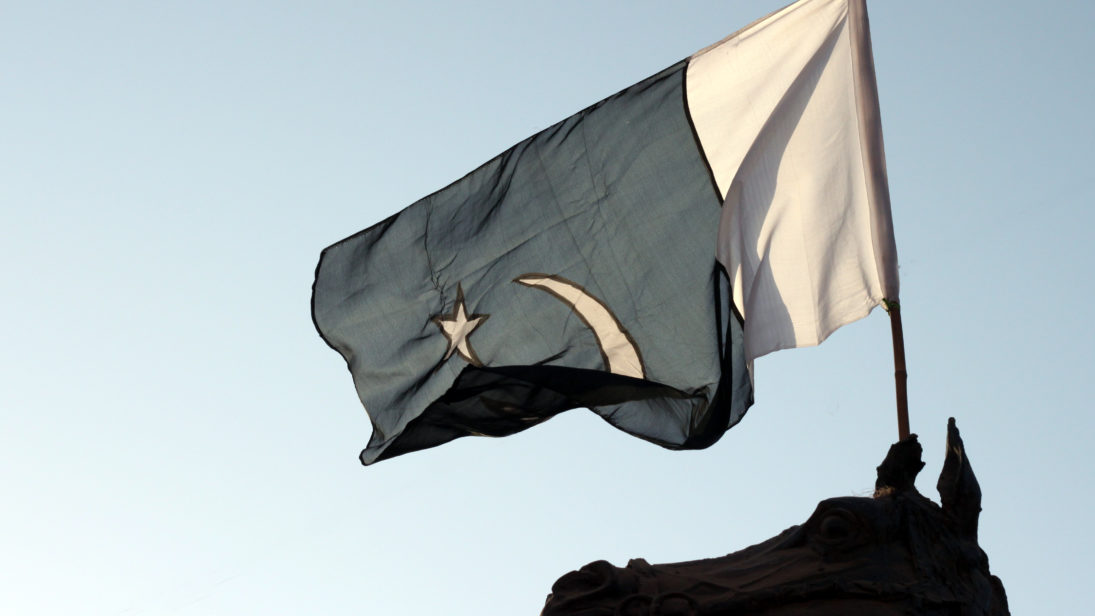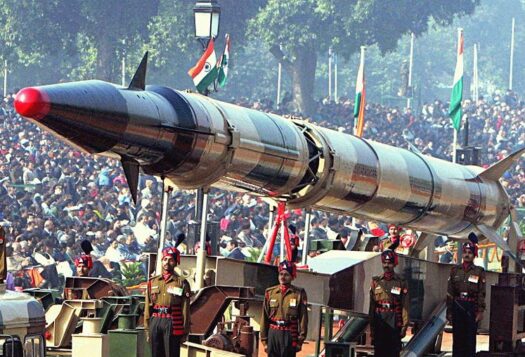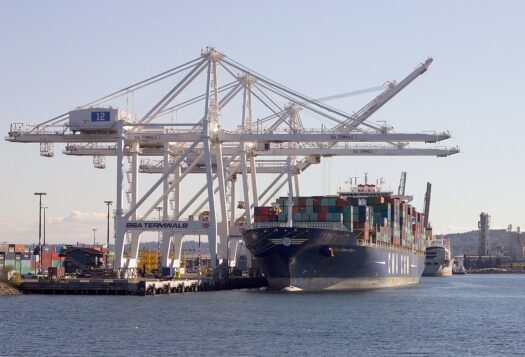
Nuclear proliferation is a form of national suicide that Pakistan committed a few decades ago. It expects now to be forgiven, and treated as a normal nuclear state in response to modicum adjustments in its nuclear governance, in what will be a mockery of the nonproliferation order. If the normalization gospel is promoted, it would culminate in yet another tango of Pakistan’s India-parity syndrome with strategic blunder on the part of the United States.
A Normal Nuclear Pakistan by Michael Krepon and Toby Dalton is another enthusiastic inquisition, after Mark Fitzpatrick’s Overcoming Pakistan’s Nuclear Dangers, on the possibility of making Pakistan a normal nuclear state, which is otherwise incorrigible, unless a miracle befalls. The authors rightly observe:
“The global nuclear order will not be strengthened by trying to accommodate a Pakistan that is greatly increasing its nuclear capabilities while rejecting the Comprehensive Test Ban Treaty and Fissile Material Cutoff Treaty. Nor will Pakistan become a normal, nuclear state by competing with India or by harboring groups that could spark a war with India.”
However, their inquiry on Pakistan’s place in the global nuclear order, whether it will always be punished, and whether the nuclear mainstream will continue to elude Islamabad, is undertaken solely and erroneously within the Indo-Pak parity framework. Nuclear normalization cannot be exclusively for Pakistan, as North Korea, another proliferator of concern, has a similar threat perception and strategic scenario. Should we vouch for a normal nuclear North Korea along with Pakistan? Moreover, the rationale behind treating India as a normal nuclear country must be distinguished from the argument in case of Pakistan. In India’s case, the non-proliferation discourse had to be adjusted for “a responsible state with advanced nuclear technology”, whereas Pakistan, a breeding ground for proliferation and jihadi terrorists, needs to reform itself to be accommodated in the regime.
As for revamping the administrative-security structure of nuclear assets in Pakistan, the gains are far from secure. Recently, the adviser to the Pakistani prime minister on foreign affairs, Sartaj Aziz, said that although Pakistan has some influence over the Taliban, it has no control. George Perkovich rightly states that, in the larger context of deterrence stability, “a state cannot be a responsible possessor of nuclear weapons if it does not have sovereign control over organized perpetrators of international violence operating from its territory”.
According to Krepon and Dalton, Pakistan’s three main arguments are namely, i) “ it deserves the same treatment and status in the global nuclear order as India,” ii) “the subcontinent will grow increasingly unstable if India and Pakistan are treated differently,” and iii) “the global nuclear order will remain abnormal as long as Pakistan is excluded.” This rhetoric is infused with the parity syndrome that Pakistan is suffering since its inception. In no realistic judgment can Pakistan match India in any respect. Its futile attempts to compete with India during the last seven decades have in fact exhausted it. And the United States is to be partly blamed for fueling Pakistan’s urge to compete with India. An India-type deal with Pakistan will certainly elevate Pakistan’s India-parity syndrome to greater heights, and would be another strategic blunder by the United States. It is worth recalling that the Reagan administration “deliberately overlooked Pakistan’s clandestine nuclear activities” during the 1980s.
Hyphenating India and Pakistan during the last six decades did not help Pakistan emerge from the plunge, nor did it stabilize the subcontinent. The Indo-US partnership in the post-1998 phase gave a sense of de-hyphenation of India and Pakistan discourse in US strategic calculations. Now, the idea of normalizing Pakistan with an India-type nuclear deal would convey a sense of the United States’ Janus-faced South Asia policy. More importantly, it would convey the thriving confusion on the part of the United States as to how to fit emerging India in its scheme of the world order. As a result, though highly conjectural, India will be closer to the Chinese scheme of building an alternate world order through groupings and institutions like BRICS, Shanghai Cooperation Organization (SCO), New Development Bank, and Asian Infrastructure Investment Bank (AIIB). China has given indications of accommodating India by bestowing equal voting rights in institutions such as the New Development Bank, even though its financial contribution to these institutions is larger than others.
The argument that the global nuclear order will remain abnormal as long as (only) Pakistan is denied a pathway to nuclear normalcy is shortsighted. What about North Korea and Israel? Are they normal? Is the non-proliferation regime not abnormal without them?
The authors succinctly support normalization of Pakistan’s nuclear status, provided that “the net result of mainstreaming would strengthen nonproliferation norms.” This vindicates the argument that no one is assured whether the idea of normalizing Pakistan is worth attempting, and if Pakistan will deliver as desired. For that matter, who will determine if mainstreaming of Pakistan will, or will not, strengthen the regime? Should India not have a major say?
The five initiatives that the authors suggest Pakistan undertake are a mix of only declaratory policy and posture shifts, with no big bargains to justify the magnitude of risk they will pose to the non-proliferation regime in particular, and the world in general. Pakistan can keep doing whatever it is doing, while proclaiming its adherence to the conditions suggested for getting a deal. Only the suggestion to sign the Comprehensive Test Ban Treaty without waiting for India would be hard for Pakistan to digest. Above all, if Pakistan accepts, the process and outcome of a deal on the basis of these conditions will never be equal with India’s deal. The report suggests that Pakistan concede on its nuclear posture from “full spectrum” to “strategic” deterrence, but this will prove Pakistan’s deterrence posture feeble. Lifting its veto on Fissile Material Cutoff Treaty negotiations and stopping fissile material production will heighten Pakistan’s fear of India’s upper hand in fissile material stockpile. For Pakistan, a slight reduction or reversal of its nuclear posture vis-à-vis India would be an act of compromise. If it accepts all the conditions, the disparity between India and Pakistan will remain! There would be no end to Pakistan’s quest for high-flying parity with India unless it is forced into a soft landing.
***
Image: Shahzeb Younas, Flickr


